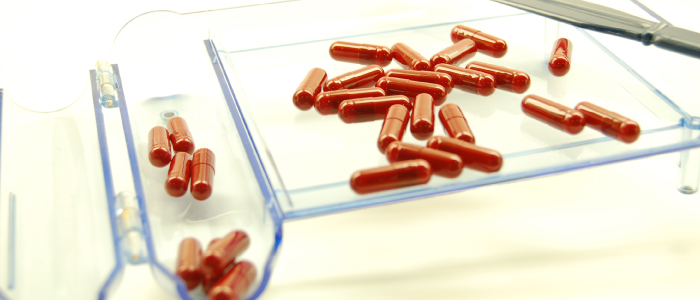
Here’s a common question.
“Can you give me some written information that I can pass on to a doctor about cholesterol-lowering drugs, the statins?”
Bluntly, the answer is NO. However.
While there isn’t a single reference on this topic, logic and reason could be put to use to arrive at a conc;usion about cholesterol itself, and the drugs used to “control” it.
It’s important to understand that there is scant evidence that elevated cholesterol actually causes any disease. True, cholesterol levels can rise in response to a variety of circumstances, but is rarely clear that cholesterol in any of its forms, causes the condition in the first place. Some reference materials describe how plaque can develop in response to damage in the blood vessel – a sort of natural bandage. Plaque contains cholesterol and the assumption has been that high cholesterol makes plaque that blocks blood vessels, which is a cause of heart problems. The presence of cholesterol correlates with heart disease but there isn’t strong evidence that cholesterol itself is the cause. Correlation is not causation.
Low cholesterol, on the other hand, is hazardous to health. Cholesterol levels rise in response to needs – and they are not affected by consuming cholesterol in the diet. It is made by the individual when needed. Cholesterol is the substance in our body from which our hormones are made.
In the normal course of things, cholesterol is converted to pregnenolone, which becomes progesterone, which can be converted into the hormones we need. When we lower our cholesterol levels with drugs, we will experience symptoms from low and imbalanced hormones.
Cortisol, for example, is an anti-inflammatory hormone that is generated when needed from other hormones – which themselves start out as cholesterol. A predominant side effect from cholesterol-lowering drugs is muscle and joint pain – inflammatory pains which are normally controlled by the amounts of naturally occurring cortisol we make in our body. Other hormone levels suffer from low cholesterol as well.
Most approaches to lowering cholesterol without drugs (diet, exercise) fail. Drugs, like statins, work. That means the only way to bring cholesterol levels down is to use a drug. That’s good news if you sell statins but it’s still illogical to take a drug because of beliefs that natural cholesterol itself is harmful.
Is it reasonable to conclude that our bodies evolved in such a way as to need a man-made drug to maintain them in a state of health? No.
To add insult to injury, the regular use of statin drugs does more harm by reducing the levels of a least one important nutrient, Coenzyme Q10, otherwise known as CoQ10. This substance is absolutely necessary for good heart health. Fatal disease can follow the loss of CoQ10. Medical practitioners ought to be advising their patients to add CoQ10 to their daily drug regimen when they have been prescribed a statin drug.
Cholesterol metabolism is discussed at length in most basic physiology courses. Nothing has happened to alter the mechanisms of action, but our modern medical system has changed how we view these natural substances and their actions in our bodies. A vital substance, cholesterol, has been demonized. One logical reason for this change is that we now have drugs available that can cause changes in cholesterol levels – even when all-natural approaches fail to change cholesterol levels. The mere existence of the drugs, then, might even be one driving force behind the ideas that make cholesterol levels a menace.
Continuing attention to the cholesterol phenomena might disclose a cause-effect relationship between cholesterol and disease. To date, it is still an elusive correlation, not a cause. Instead of substantiating the connection between rising cholesterol and health, science probably ought to spend its resources on evaluating information that takes the opposite view; cholesterol is a natural substance, humans make their own, and it is the “fuel” that drives the human hormone systems,
Low cholesterol is dangerous. High cholesterol – whatever that might be – probably isn’t. Using drugs to lower levels is probably unhealthy – unless you have a clear diagnosis of congenital hypercholesteremia.
